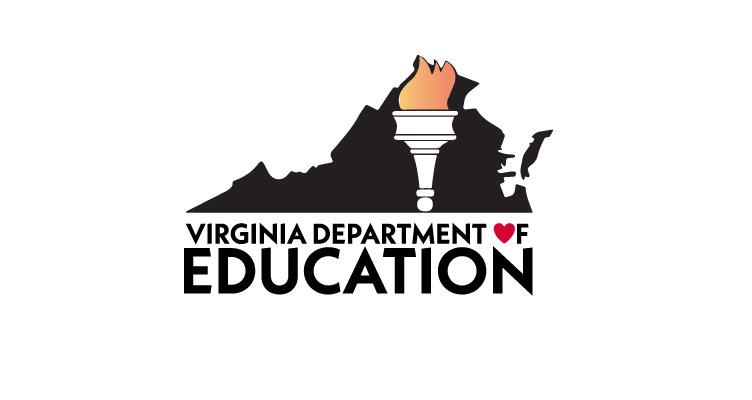From the VDOE: New Solutions in New Times

We are so appreciative of everyone who said yes to participating in the AE&L ReMix challenge teams and investing their time and effort during this remarkably busy year. We heard in your reflections that you found the experience to be a way to stay connected with established or new colleagues, a way to be creative and solutions-oriented in a year of great disruption, and a growth experience nudged on by the peer coaches. This is an excellent testimonial to the power of collaborative teams—even when time is so precious.
Teams examined and shared new solutions to familiar challenges: recruitment, retention, registration, student support, instructor and tutor support, and quality instruction. These challenges to effective programming are perennial in adult education.
Two of the challenges often faced by students, transportation and childcare, were experienced in a different light during the pandemic. For some students, remote instruction removed those barriers and allowed them to participate without having to make arrangements for transportation and child care. For other students, internet and computer device access became a more immediate barrier and prevented them from participating in remote instruction.
The pandemic-related disruptions forced all of us to think about doing our jobs differently and providing services in different ways, including offering a wider, more flexible variety of options for participation. We encourage all of us to consider how to keep innovating and iterating on what we’ve learned and tried over the past year. We don’t need to go “back” to anything—let’s go forward!
What ideas, practices, and mindsets should we take forward? A few questions sparked by the teams’ presentations are:
- How might programs’ schedules build in flexibility and still deliver the intensity and quality students need to achieve their goals?
- How can instructional staff remain available to students outside of “class” time, and what does that mean for instructional time?
- How can programs be creative in the incorporation of learners’ use of varied technology in the classroom and with loaner libraries?
- What new partnerships have been forged that can grow and assist programs with community engagement?
- How can we…?
- How might we…? T
These are the question starters of human-centered design thinking. The future of effective programming relies on our willingness to design new solutions to emerging as well as familiar challenges.
We listened with great interest to the teams that shared their findings. We heard solutions that can be adopted statewide and supported with new practices from the VDOE and or from VALRC:
- Make the student page of the Adult Student Profile Document (ASPD) compliant with Section 508 web accessibility standards so that it can be posted on public websites.
- Support programs’ use of data to examine equity issues such as the diversity of student and teacher populations.
- Assist programs to design integrated education and training (IET) pipelines that incorporate a wider array of credentialing options to support career switchers and those who want to advance in their field.
Thank you to the team members, the peer coaches, and the VALRC team. And thank you to our students who were there experimenting and learning with us all along the way.
Virginia is a member of the National Association of State Directors of Adult Education (NASDAE) and Dr. Silver-Pacuilla serves as a member of the board of directors. NASDAE has recently published an Equity Policy Consideration paper that may be of interest to instructors and program administrators. This paper is available to use for outreach to partners and stakeholders.